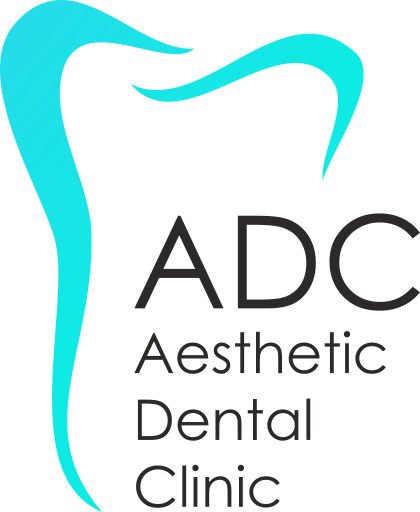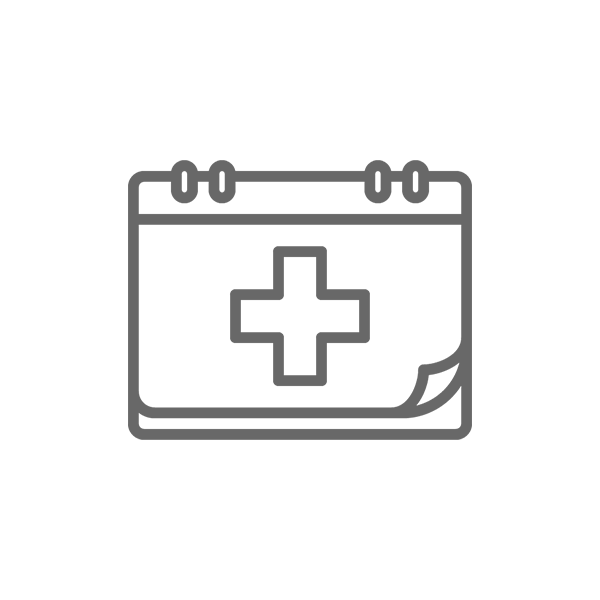Contents
What is the Temporomandibular Joint
The Temporomandibular Joint is a joint that connects your jaw to the temporal bones of your skull, which are in front of each ear. It allows you to move your jaw up and down and sideways so you can talk, chew and yawn.
What are Temporomandibular Joint Disorders
Temporomandibular Joint Disorders occur when something goes wrong with the jaw joints and the jaw muscles. Many times, this is due to a jaw injury, inflammation such as arthritis or excessive jaw use (chewing gum, tooth cracking, excessive yawning).
Causes for the Temporomandibular Joint Disorders
The exact cause of a person’s Temporomandibular Disorder is often difficult to determine. Your pain may be due to a combination of factors such as genetic heredity, arthritis or jaw injury. Some people with jaw pain also tend to clench or grind their teeth (Bruxism).
Symptoms and how they manifest in the Temporomandibular Joint
- Pain or tightness in your face, joints, neck and shoulders and around the ear when you chew, talk or open your mouth wide.
- Pain may occur locally or extend to the surrounding jaw muscles and surrounding area.
- Problems when trying to open your mouth.
- Jaws that “stick” or “lock” in the open or closed mouth position.
- A click sounds as well as other abnormal jaw sounds when you open or close your mouth or chew. This may or may not be painful.
- A feeling of tiredness on your face.
- A problem with chewing or suddenly there is an uncomfortable bite – as the upper and lower teeth do not fit properly.
- Swelling on one side of your face.
Diagnosis of Temporomandibular Joint Disorders
Your doctor or dentist will discuss your symptoms and examine your jaw:
- The clinician will hear and feel your jaw when you open and close your mouth.
- The clinician will observe the range of motion in your jaw.
- The clinician will palpate the areas around your jaw to detect signs of pain or discomfort.
- The clinician will observe the convergence between the teeth as well as the different jaw movements.
- Some jaw radiographs may be requested.
The Treatment of Temporomandibular Disorders
The pain of the Temporomandibular Structure can also be treated with simple lifestyle changes. You may want to:
- Eat a soft diet to allow the TMJ to relax
- Avoid chewing gum
- Avoid biting your nails
- Avoid biting your lower lip
- Have a good mouth posture
- Limit large jaw movements, such as yawning and singing
Many times, however, simple changes do not have the desired results.
Depending on the problem, the dentist may suggest a specific treatment plan with a combination of therapeutic techniques.
- Discussion. Education and counseling can help you understand the factors and behaviors that can aggravate your pain so you can avoid them. Examples include tightening or grinding your teeth when resting on your chin on your chin or biting your nails.
- Physical therapy. Exercises to relax and strengthen the jaw muscles. And the patient can more easily open and close his mouth.
- A special Occlusal Splint treatment plan that will reprogram your jaw muscles and help ensure proper Occlusion. This results in the proper movement of the joint and eliminates, if not completely, most of the pain, clinking and other symptoms.
If the patient does not want to have an Occlusal Splint throughout his or her life then it is possible to restore the Occlusion of the mouth with prosthetic restorations so that it articulates properly as with the Occlusal Splint and the Temporal Joint problem is treated through its teeth.
Here you can see more details about reprogramming of Occlusion.
Severe pain caused by damaged joints may require more invasive treatments, such as injections of corticosteroids into the Temporomandibular structure. Surgery can be considered as a last resort. There is no scientific evidence that surgery for Temporomandibular disorders is safe and effective.
When to see your Dentist
Get medical attention if you have persistent pain or tenderness in your jaw or if you cannot fully open or close your jaw. Your Clinician can discuss possible causes and treatments for your problem.




